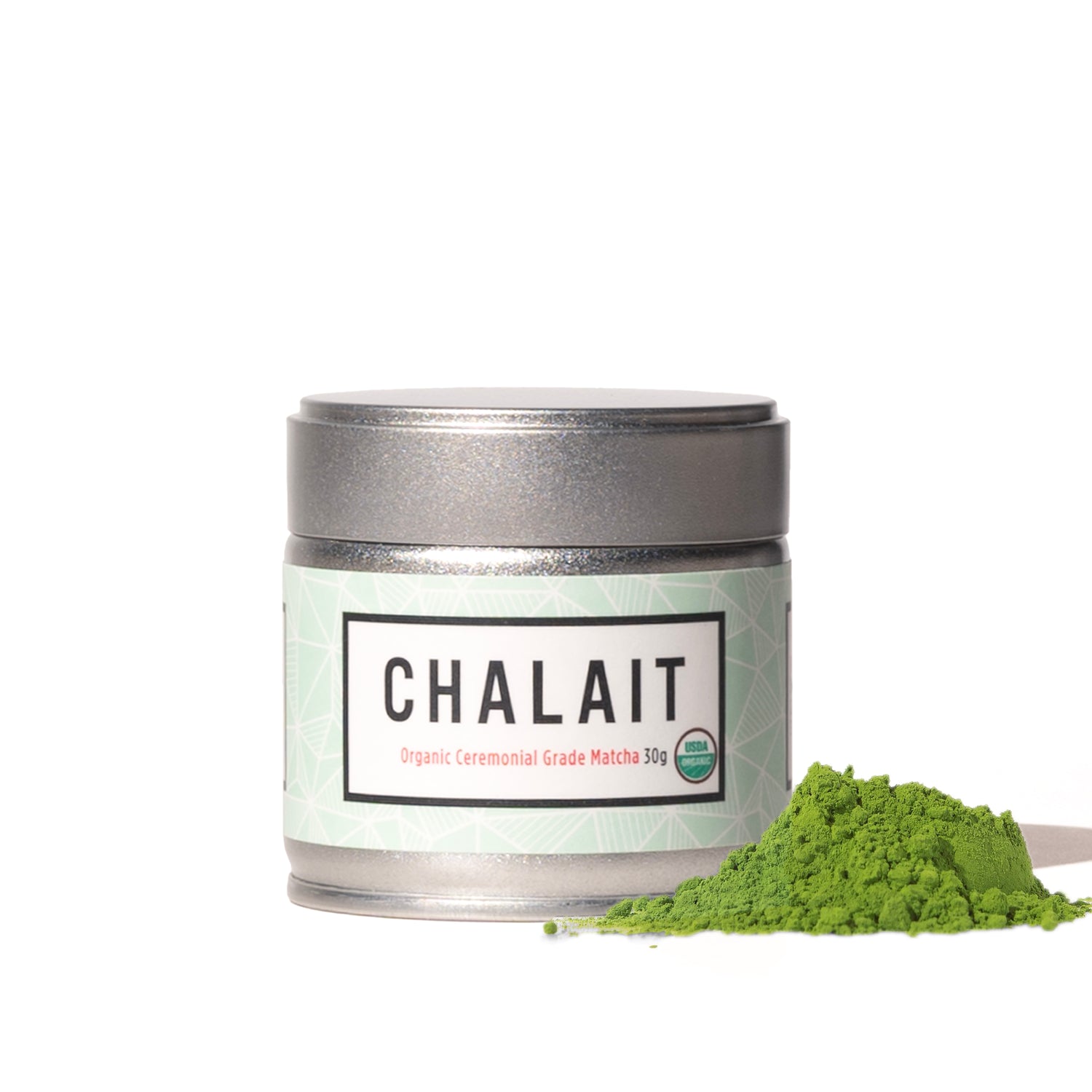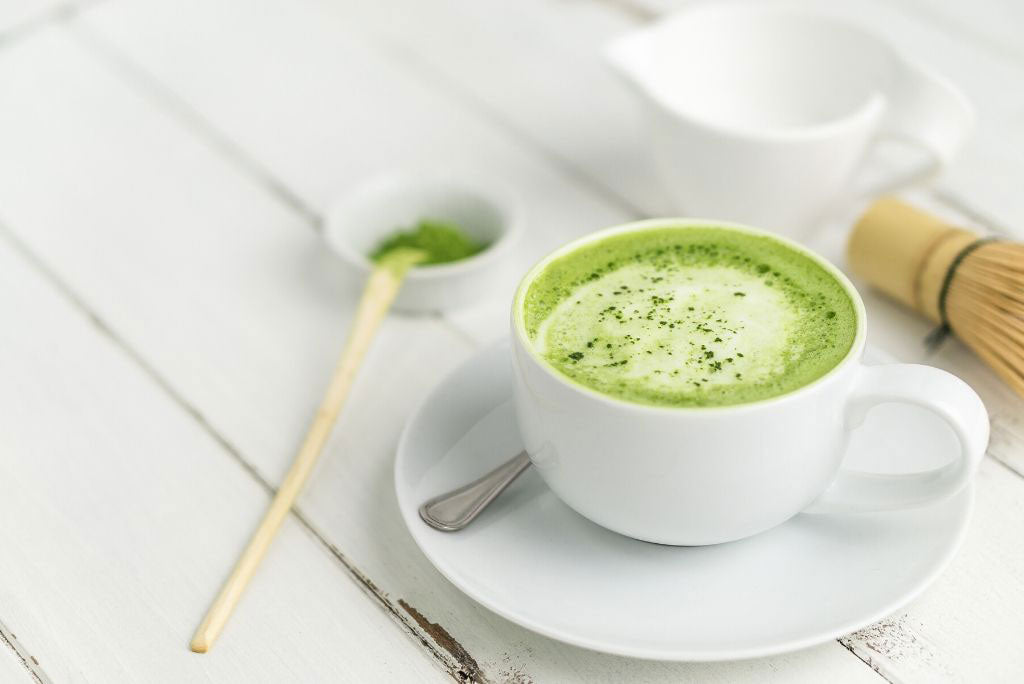At our Chalait cafe, one question that we are commonly asked by our enthusiastic patrons is Can you drink too much Matcha?
Without a doubt, Matcha is a superfood. One cup alone contains 15 times the amount of antioxidants as blueberries. This potent beverage is also delicious, to be enjoyed as a pre-workout booster or during your afternoon slump to keep your mind clear and focused throughout the rest of the workday.
At Chalait we recommend drinking up to 2-3 cups of Matcha per day. This is based on a total of 1 1/2 teaspoons per day. This will provide you with a powder keg of health benefits and ensures you don't overdo the caffeine or ingest too many EGCGs
Can matcha damage my liver?
In 2016 the Norwegian Food Safety Authority issued a warning about green tea extract supplements. Since then, studies find that while ingesting antioxidants and in particular catechins through green tea and matcha, the use of green tea extract supplements can be concerning.
Unlike a Matcha beverage, these food supplements are over-packed with the active substance EGCG with doses that range up to 1000mg/day. It is the European Food and Safety Authority opinion that a dose of 800mg/day or above can lead to initial signs of liver damage.
For a healthy person, a cup of Matcha, or two is perfectly safe for your liver. The EFSA's warning is directed at high levels of EGCG found in supplements, and found "no indication of liver injury for doses below 800mg/day"
What are EGCGs?
EGCG stands for Epigallocatechin gallate and is a type of plant-based catechin which is found in tea, chocolate and wine.
As the health benefits of catechins have come to light, EGCGs has been the focus of many health studies and trials. In particular, EGCG is being studied on its effect in cardiovascular health and in the fight against cancer.
The best way to consume EGCG is through food and beverage, closest to the source as possible. A cup of matcha a day will provide you with a healthy dose of EGCG and antioxidants.


